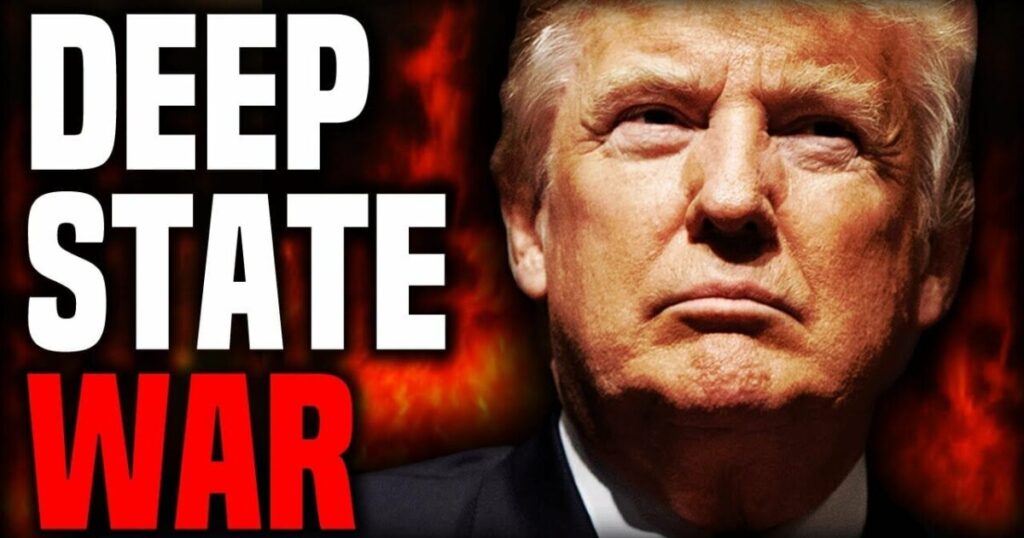Wayne Allyn Root’s commentary elaborates on a profound sense of animosity that he attributes to Democrats towards conservatives and patriotic Americans over the past four years. Root cites various cases where he believes the Democratic Party has overstepped its bounds, particularly through actions taken by the Department of Justice under Attorney General Merrick Garland. He argues that the DOJ targeted parents at school board meetings who disagreed with government policies, prosecuted peaceful pro-life demonstrators, and treated January 6th protestors as terrorists. Root depicts this as a systematic campaign of intimidation against ordinary citizens who voice dissent, highlighting an escalating trend of governmental disrespect for American freedoms.
Moreover, Root accuses Democrats of fostering an environment of unchecked criminal activity, citing their policies that reportedly allow criminal acts without consequence, such as theft in retail stores. He points out the rise in crime and the perceived decline of safety in communities. Root emphasizes that the Democratic leadership has effectively permitted a public safety crisis while also attempting to defund the police—an institution he believes acts as the last line of defense for law-abiding citizens. Additionally, he criticizes the handling of the COVID-19 pandemic, particularly the mandates surrounding the vaccine, which he sees as violating ethical medical standards. In Root’s view, these actions collectively signal a deep-seated hatred towards American citizens.
Root shifts his focus to the border policies of the Biden administration, arguing that they have deliberately opened the borders to a myriad of dangers, facilitating the entry of violent criminals, terrorists, and economic migrants. He paints a dire picture of this situation by implying that the influx of individuals from various rogue states poses a serious risk to national security, leading to apprehension that these “foreign invaders” may unleash chaos upon American society. This, combined with the Democrats’ alleged failure to prioritize the concerns of American workers, exacerbates his belief that the party is actively working against the interests of its own citizens.
Root further discusses the current economic state under Democratic governance, asserting that rising inflation and job creation primarily benefiting illegal immigrants signify a deterioration of the American way of life. He contends that Democrats are intentionally misrepresenting the economic realities through manipulative propaganda while neglecting the suffering of everyday citizens. However, he credits the American electorate for waking up to the truth, suggesting that the resurgence of support for Donald Trump reflects a rejection of the narrative perpetuated by Democrats and an embrace of traditional American values.
In the latter part of his piece, Root escalates his rhetoric to express his belief that Democrats not only harbor contempt for Trump and his followers but are also willing to jeopardize national and global stability to undermine his presidency. He argues that the military and diplomatic posture taken by the Biden administration, particularly concerning Ukraine and Russia, is indicative of a broader strategy to provoke a catastrophic conflict. He warns that Democrats are seeking to entangle the U.S. in a potential World War III scenario, driven by a destructive desire to maintain power even at the cost of widespread suffering and loss of life.
Root’s closing remarks underscore an urgent call to recognize what he perceives as a profound threat emerging from a political party that he claims would rather see the nation in chaos than concede influence. He urges readers to understand the purported motivations behind Democratic actions, presenting a narrative fueled by fears of unchecked power and the consequences of a collective disdain directed toward those who cherish traditional American values. This perspective serves not only as a critique of contemporary political dynamics but also as a rallying call for conservatives who feel marginalized by what he characterizes as an oppressive regime.

